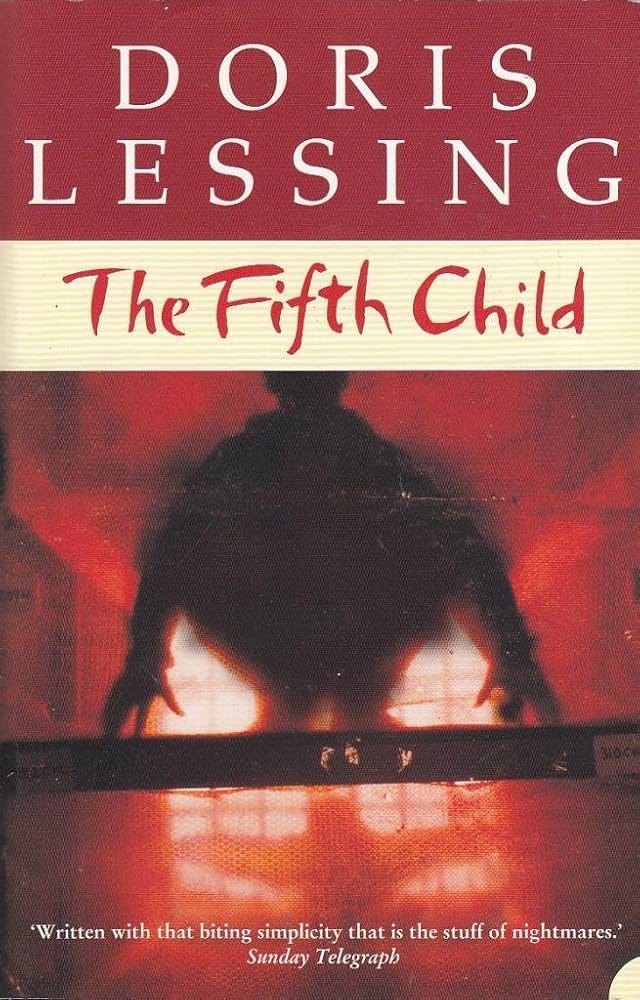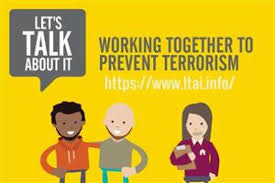The impossibility of Axel Rudakubana
And the doomed search for easy solutions
When it was revealed that the Southport murderer wasn’t a Muslim or an asylum seeker you could sense the disappointment for many on the Right of the political spectrum and share the relief of many on the liberal wing. But he could’ve been, and what then? A pogrom?
Or he might have been a white heir to a pie fortune, like 24-year-old Dylan Thomas, sentenced last week for having murdered his best friend, stabbing him 37 times after having researched the anatomy of the neck online, and weeks after having been arrested trying to break into Buckingham Palace. Thomas appeared in court via video link from the hospital where he is being treated for schizophrenia.
If Rudakubana had been a Thomas I can’t help feeling that the debate that has raged in the last week would have been very different. There would have been no absurd talk of “cover ups” and probably little discussion of Prevent. Almost certainly, once we had exhausted the topic of knives, we would have been talking about mental illness.
The nightmare boy
There are some people who represent an almost intractable problem for the rest of us. Most parents harbour the fear that just perhaps one of their own children might become unreachable – an addict, an alcoholic, anorexic, severely depressive, criminal or psychotic.
One of the most terrifying novels I’ve ever read was Doris Lessing’s The Fifth Child, published in 1988. That child is Ben, who is born into an almost idyllically happy family in the suburbs, but who, even in utero, seems alien and violent. Unloveable from birth Ben scares off visitors, murders pets and intimidates his siblings. There is no reason for any of this – it’s just the way he is. Like the creature in Alien he is intractable.
Axel Rudakubana was born in the UK in 2006, one of two sons of Rwandan parents. His father Alphonse, a church-going taxi driver, was once a member of a Tutsi opposition militia, but was not in the country when the 1994 genocide of his fellow Rwandan Tutsis took place. His mother apparently worked at Cardiff University’s School of Dentistry, while living with the family in a village near Southport.
Suddenly that summer
As a child Rudakubana was quiet. At his secondary school, Range High School in Formby in Years 7 and 8 he was – according to a source quoted in the Guardian “fairly unassuming. Nothing that would be red flags”. But on his return to school in Year 9, shortly after his 13th birthday, everything it seems had changed catastrophically. “What happened that summer”, said the source, “is the question.”
Now Rudakubana complained of being racially bullied, became disruptive and would walk out of class. That October he called Childline anonymously and told the volunteer that he had taken a knife to school on several occasions and asked “what should I do if I want to kill somebody?”
A matter of days later he was discovered carrying a knife and expelled from the school. From then on his education was conducted in pupil referral units. Two months after leaving Range he returned to the school and attacked a pupil with a hockey stick, breaking their wrist. Police found a knife in his backpack - he was prosecuted as a juvenile and required to complete a rehabilitative programme.
It's fairly obvious that what we have here is not the career trajectory of the terrorist but rather of the high-school shooter, in a country where – thank God – AR-15 assault rifles are not available on mail order. But that won’t have been clear to the teacher at the pupil referral unit who first reported Rudakubana to Prevent after noticing him looking at online material concerning a US high school massacre and hearing him making approving comments on the murders. Counter-terrorism officers interviewed Rudabukana, but concluded – correctly – that he was not a terrorism concern.
Enter (and exit) Prevent
Prevent describes itself as a “government-led, multi-agency programme which aims to stop individuals becoming terrorists”.
https://www.counterterrorism.police.uk/what-we-do/prevent/
The programme was set up in the wake of the 7/7 bombings and the subsequent 21/7 attempt two weeks later to repeat those attacks. Unlike the 9/11 attackers the bombers were not visitors from Saudi Arabia, Jordan or Egypt, but British-born Muslims - home-gown “cleanskins”, who had been radicalised here in the UK. It was a traumatic discovery at the time.




